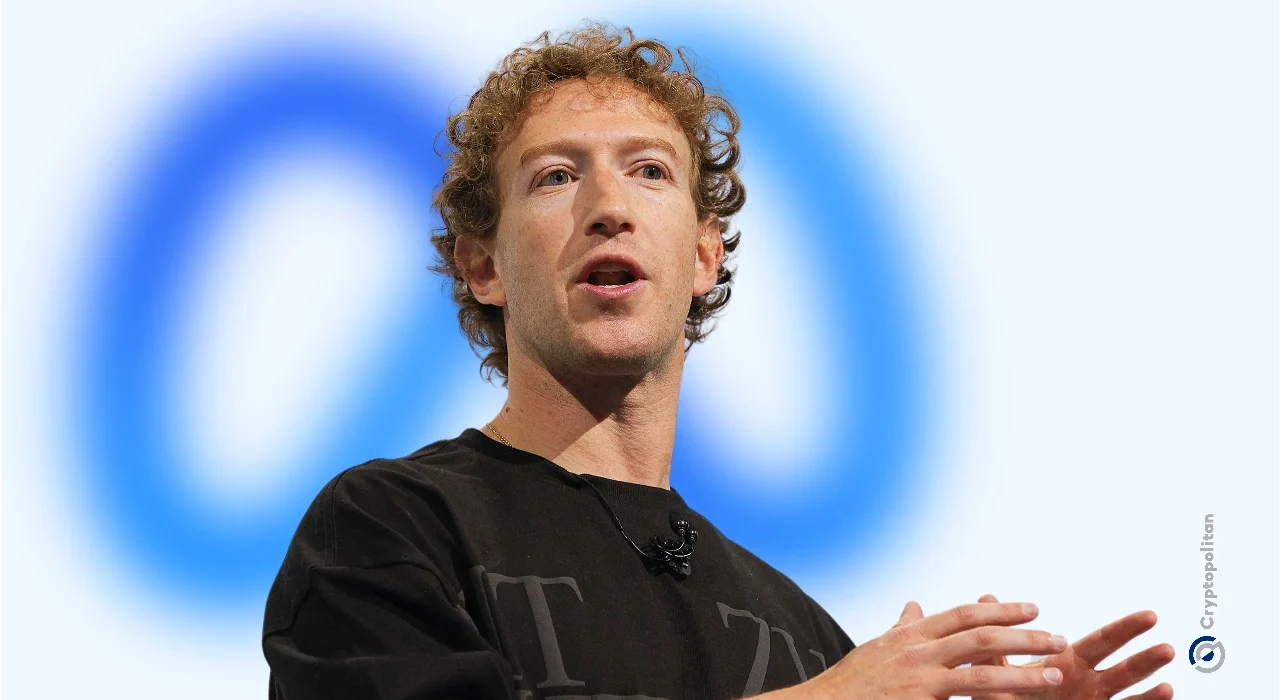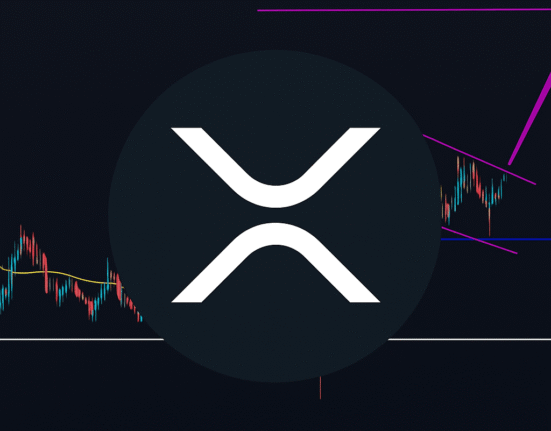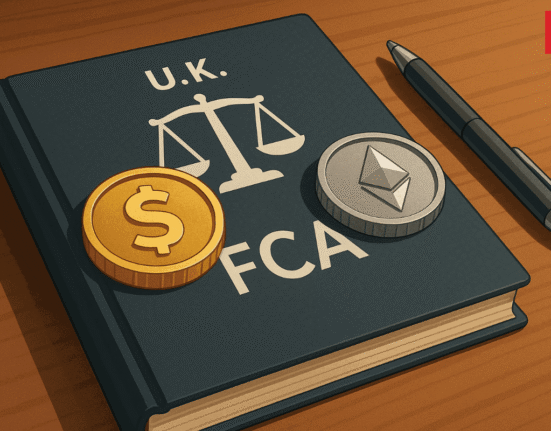According to Bloomberg Businessweek, Meta CEO Mark Zuckerberg has spent the last several months trying to pull every lever he could find to get on Donald Trump’s good side.
He’s flying to Washington on repeat, showing up at Mar-a-Lago, cutting diversity efforts, rewriting moderation policies, and even handing Trump $25 million to settle a lawsuit. But despite the nonstop effort, Trump has barely acknowledged it, and Biden still treats Zuck like an afterthought.
In February, Zuck flew his Gulfstream G650 to Washington again—one of many recent trips since the election. He briefly spoke to Trump but focused on Vice President JD Vance. Vance was heading to an AI summit in Paris, and Zuck wanted him to complain to Europe about how their regulators were making life hard for Meta.
Five days later, Vance told the summit that governments “tightening the screws” on US tech firms would be “a terrible mistake” and said, “America cannot and will not accept that.” That speech echoed exactly what Zuck had asked for.
Zuckerberg paid, purged, and promoted to win Trump’s trust
Zuck didn’t wait until after the election to lean toward Trump. He called Trump’s reaction to a July assassination attempt “badass,” phoned him directly several times, and openly attacked the Biden administration in a letter to Congress.
Once Trump returned to power, Zuck moved fast. He put UFC boss Dana White on Meta’s board. He promoted Republican strategist Joel Kaplan to chief global affairs officer. He slashed Meta’s diversity programs and made similar cuts at the Chan Zuck Initiative. Meta also gutted its civil rights team, dropped its outside fact-checking system, and paid Trump $25 million in a case that Meta employees believed they would have won in court.
“Mark is always going to do what’s best for the business,” said Katie Harbath, a former GOP strategist who worked at Facebook for a decade. “He is always worried about being out-innovated, and he is always thinking about his own legacy.”
Zuck hoped that aligning with Trump would protect Meta from future regulatory threats. But so far, the payoff has been minimal. Trump hasn’t shown public support for Section 230, the law Meta sees as essential to its business model.
Trump’s trade policies have increased Meta’s hardware costs and put at risk the $18 billion in annual ad revenue Meta pulls from Chinese clients.
Biden called him names, Trump called him ‘Zuckerbucks,’ and MAGA still doesn’t trust him
Joe Biden never had a single sit-down with Zuck. He privately called him names like “Little Twerp” and “F—erberg,” according to staff. The administration pushed Meta hard on Covid misinformation, with emails later surfacing that showed White House officials accusing Meta of “hiding the ball.”
In July 2021, Biden told reporters, “They’re killing people.” Nick Clegg, who runs Meta’s policy team, called the accusation “highly cynical and dishonest.”
Meta tried to backpedal, but the relationship never recovered. Zuck even considered ending cooperation with the White House. “If they’re more interested in criticizing us than actually solving the problems, then I’m not sure how it’s helping the cause to engage with them further,” he wrote in leaked messages.
Trump, meanwhile, has kept hammering Zuck. During the 2024 campaign, he accused him of election fraud and called him “Zuckerbucks” on Truth Social. A coffee-table book Trump published in September threatened to jail him. MAGA strategist Alex Bruesewitz said, “There’s still tremendous distrust,” and added, “I don’t know what it will take for our base and our voters to forgive him fully.”
Inside Meta, the change has been obvious. Zuck scrapped the fact-check system and replaced it with a Musk-style crowdsourcing tool. He admitted to copying Elon Musk’s approach and even had private conversations with him. He also embraced “masculine energy,” got into MMA, started wearing Roman-themed outfits, and told Joe Rogan, “I don’t apologize anymore.”
KEY Difference Wire helps crypto brands break through and dominate headlines fast








